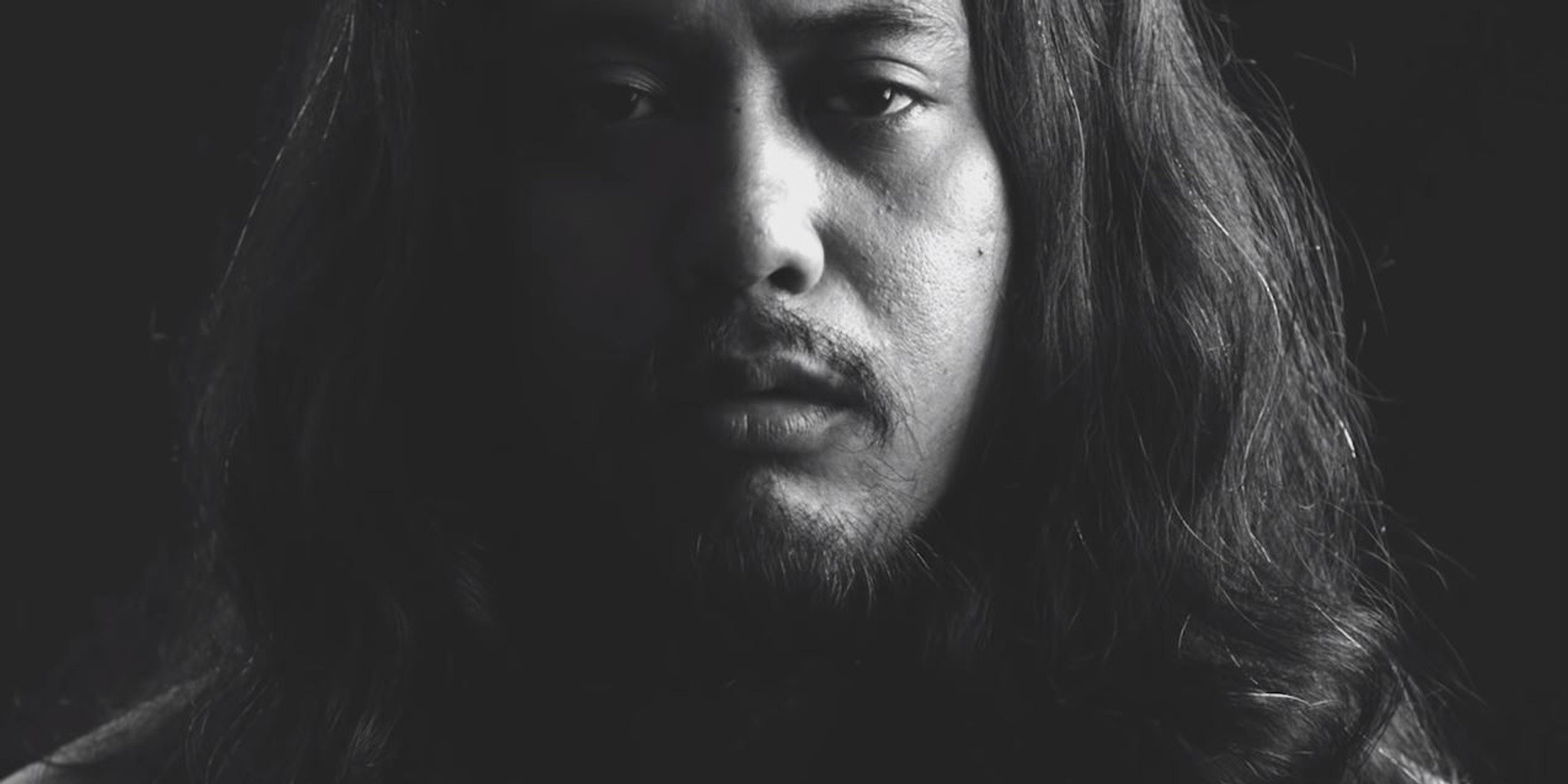Trigger warning: Typecast's 'Perfect Posture' video contains scenes depicting suicidal thoughts.
Typecast filled 19 East last Monday (10/16), as they debuted the music video for their latest single 'Perfect Posture.' Following their monumental launch, the Filipino post-hardcore act have now released the visual online.
The black-and-white video, similar to the somber track, reflects the pain and suffering that those with suicidal thoughts experience. Through extreme close-ups of different body types and later on panning out to people contemplating in isolation, Typecast remind viewers that they are not alone.
Bandwagon caught up with Typecast's Steve Badiola to discuss the message behind 'Perfect Posture,' the concept of the Meg Bagadion-directed visual, and how he maintains a healthy mindset as a musician in the local industry.
Do you consider yourselves advocates for mental health awareness?
Steve: The lines are blurred when it comes to advocacy because it's so relative, subjective, and too personal to define. One can be an advocate by simply offering encouragement to friends and families, others support the cause on a much larger scale. If the music I write helps some people along the way, it gives me a greater sense of purpose because the music surpasses the creative process and taps into a deeper emotion that's more humane, relatable, and real.
In your statement on YouTube, you say that the video is "a reminder that you're not alone in this and that there are people who understand and are willing to help." In what ways do you think that is, since there are images in the video that may trigger some viewers?
Steve: The band and the team from Go Motion wanted the video to be as real as possible in an artistic sense, because the issue is indeed very real and sensitive. We wanted to emphasize that there are people who are willing to help, they just need to voice it out.
Why did you decide to end the video with a cliffhanger?
Steve: Since it's a very heavy song accompanied by an intense video, we wanted to give the viewers ample time to reflect and we wanted to let the video simmer and let it all come to a halt. I hope it hits them on a positive note. People don't get enough reflection time these days.
Did you ever, in any way, imply that you were personally struggling with mental health issues? If so, how did you cope and maintain a healthy mindset especially in an industry like this? Are there specific things you do?
Steve: I write based on my surroundings and experiences and some of the things that I've noticed in other people that I may or may not have gone through myself. For me, music/art is my release and I hope others can relate through my music and inspire them to be hopeful.
Are there other ways you plan on promoting mental health awareness to Filipino audiences?
Steve: For now, this is our small contribution to the cause. As long as there are people who make an effort to raise awareness and bring attention to the cause, they'll have my support.
If you are experiencing an emotional crisis and in need of immediate assistance, please contact the HOPE Hotline:
(02) 804-HOPE (4673)
0917 558 HOPE (4673)
2919 (toll-free number for all GLOBE and TM subscribers)
Like what you read? Show our writer some love!
-

